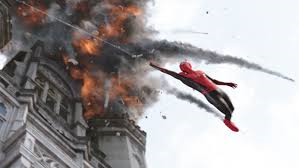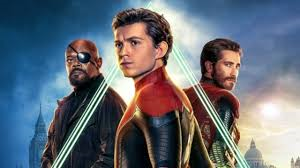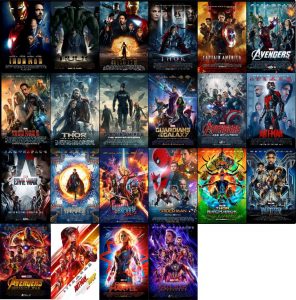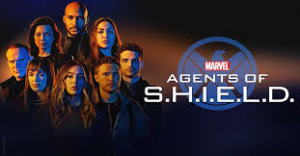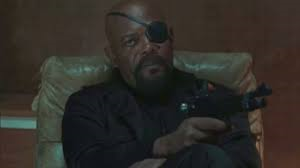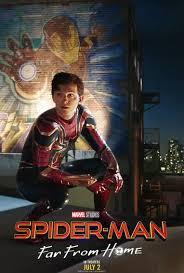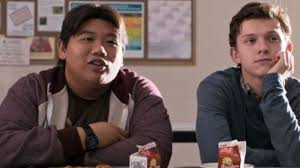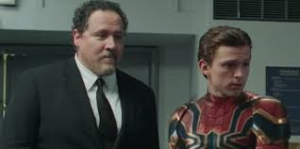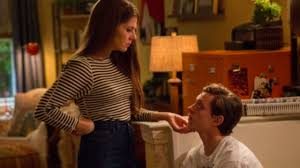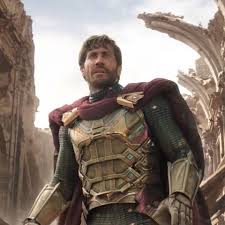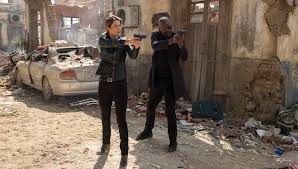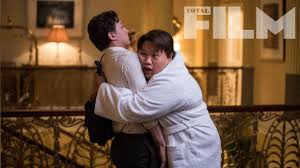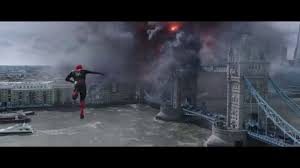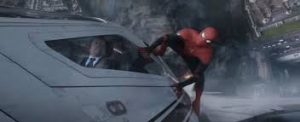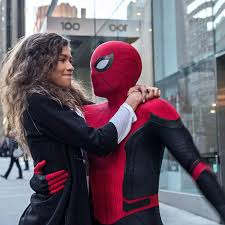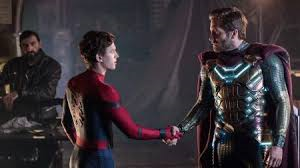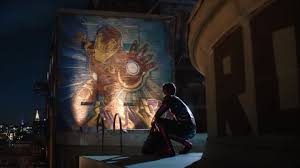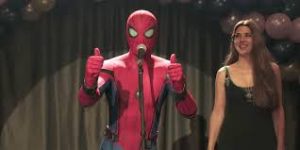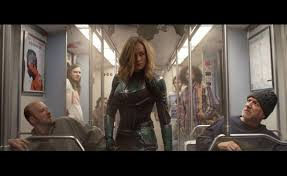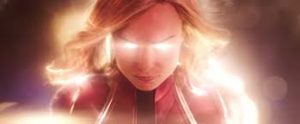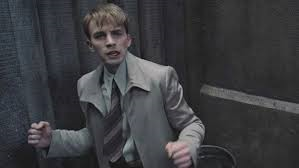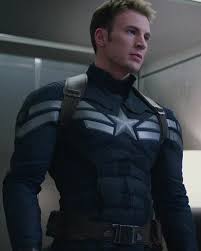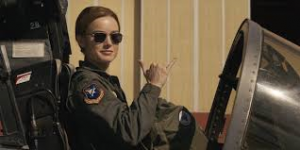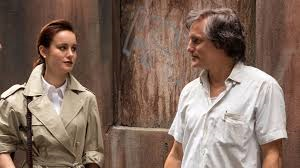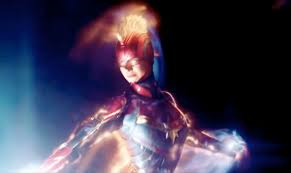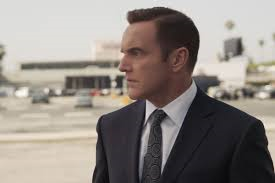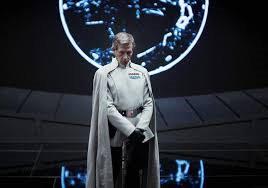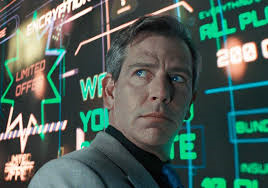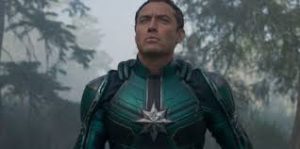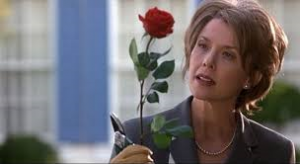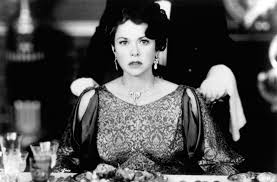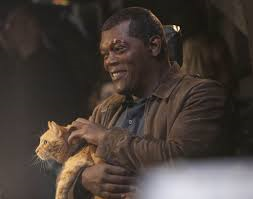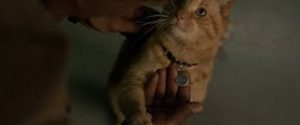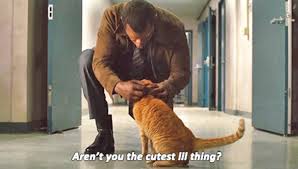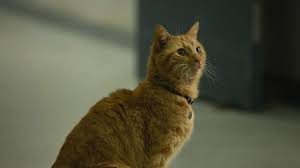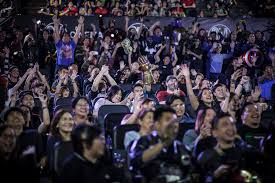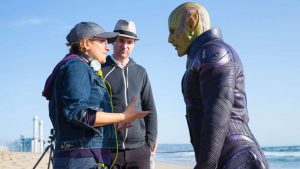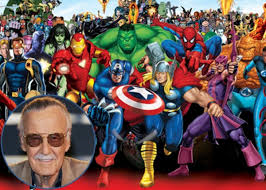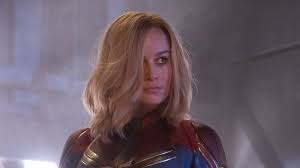 I finally figured out what bugs me about Captain Marvel. Not the movie, the character. The movie, as I pointed out in my post on Captain Marvel, is flawed but good and not really deserving of most of the negative hype it got. My problem is with the CHARACTER of Captain Marvel as it manifests itself, not just in the origin story, but in other movies as well – like Endgame.
I finally figured out what bugs me about Captain Marvel. Not the movie, the character. The movie, as I pointed out in my post on Captain Marvel, is flawed but good and not really deserving of most of the negative hype it got. My problem is with the CHARACTER of Captain Marvel as it manifests itself, not just in the origin story, but in other movies as well – like Endgame.
It’s not the alleged anti-male bias in her origin story, which I mostly disabused in my post about Captain Marvel, that bothers me. It’s not Captain Marvel’s snarky attitude – I love  Rocket’s acerbic comments in Guardians of the Galaxy,
Rocket’s acerbic comments in Guardians of the Galaxy, 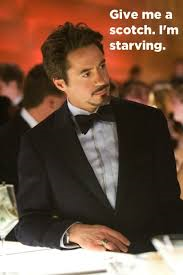 the sarcasm of Tony Stark, the
the sarcasm of Tony Stark, the 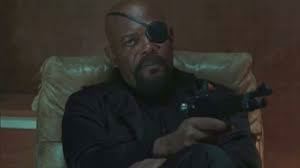 quips from Nick Fury and
quips from Nick Fury and  even the defensive banter from Marvel’s version of M.J.
even the defensive banter from Marvel’s version of M.J.
It’s not the fact she is a woman in a lead action adventure role – even though her origin movie (while rather fun) is no where near as good as 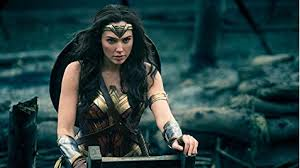 Wonder Woman was or
Wonder Woman was or  Black Widow’s will be (OK I’m just a teensy bit biased but B.W. is SUCH a great character).
Black Widow’s will be (OK I’m just a teensy bit biased but B.W. is SUCH a great character).
I don’t even mind arrogance if it is earned, as it is with Iron Man or 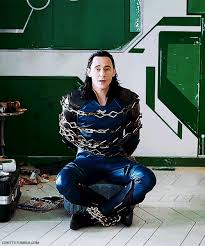 Loki, especially when they occasionally allow themselves to be the butt of humor.
Loki, especially when they occasionally allow themselves to be the butt of humor.
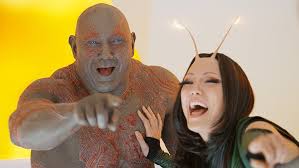 And yes, I DO mind that the character of
And yes, I DO mind that the character of 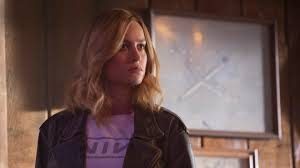 Captain Marvel HAS no sense of humor. That takes a bit of edge off of every scene she is in. BUT that is NOT what really BUGS ME!
Captain Marvel HAS no sense of humor. That takes a bit of edge off of every scene she is in. BUT that is NOT what really BUGS ME!
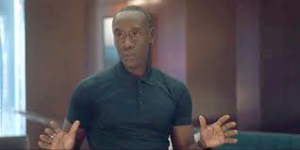 It suddenly occurred to me when lines of dialogue popped into my head from Avengers: Endgame which
It suddenly occurred to me when lines of dialogue popped into my head from Avengers: Endgame which 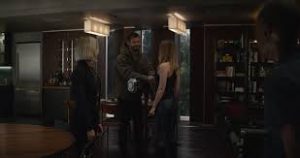 nailed her entire persona and shone a light on the major flaw with this character, which crops up in everything she does, everything she says and all of the relationships, or lack of them, she has with the other characters in this Marvel Universe. Danvers is talking to the group of grieving super hero survivors, and Rhodey, rightly, asks where she has been all this time (the last 5 years) and she replies: “There are a lot of other planets in the Universe. And unfortunately, they didn’t have you guys.”
nailed her entire persona and shone a light on the major flaw with this character, which crops up in everything she does, everything she says and all of the relationships, or lack of them, she has with the other characters in this Marvel Universe. Danvers is talking to the group of grieving super hero survivors, and Rhodey, rightly, asks where she has been all this time (the last 5 years) and she replies: “There are a lot of other planets in the Universe. And unfortunately, they didn’t have you guys.”
OK, I can accept that and she’s right. It’s almost complimentary to the Avengers. But it’s what she DIDN’T say that rankles. 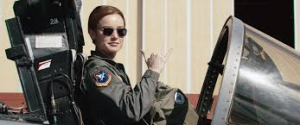 Danvers is from Earth. She was born in America and used to be American military. So she understands loyalty. But her comment, or lack of it, reflects a (literal and disturbing) “universitality” to her mindset; a comment that speaks volumes in what is unspoken about where her allegiances lie. Sure, she was brainwashed, but she remembered her best friend Maria and Maria’s little girl, so her memories were and are resurfacing.
Danvers is from Earth. She was born in America and used to be American military. So she understands loyalty. But her comment, or lack of it, reflects a (literal and disturbing) “universitality” to her mindset; a comment that speaks volumes in what is unspoken about where her allegiances lie. Sure, she was brainwashed, but she remembered her best friend Maria and Maria’s little girl, so her memories were and are resurfacing.
What she should have said, and did NOT say was: “I’m sorry. I wish I could have been here helping AT HOME, but you must understand that …..” Along with a grounding of Danvers’ place in the galaxy it would have afforded her a more three-dimensional personality, 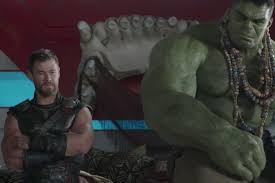 a vulnerability
a vulnerability  which every other character
which every other character 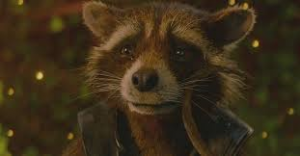 displays at one time or another – from Drax to
displays at one time or another – from Drax to 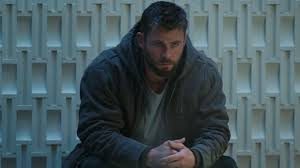 Thor. But not ice queen
Thor. But not ice queen 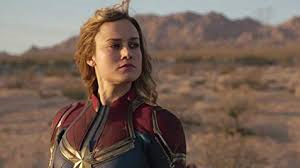 Captain Marvel and without it she is a two-dimensional cardboard cut-out.
Captain Marvel and without it she is a two-dimensional cardboard cut-out.
What she does reflect is a distance and sort of condescending entitlement attitude, wherein she will not deign to show up on Earth unless she determines we are worth the effort. There is no attachment, no sense of gratitude to the place of her birth, no expression of affiliation to the rest of her species even.
Instead, Earth to her is not the exceptional place of her birth, nor America the exception country of her upbringing, but just another rock in the cosmos with beings that need her help.
Well thanks loads and we’ll grovel later, but I’m sorry – maybe she should consider that without the nurturing she received on Earth, in America, there would not have BEEN a Carol Danvers. She is, after all, SUPPOSED to be human.
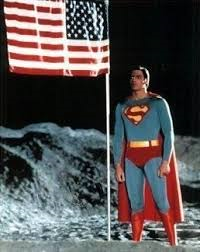 Superman, (D.C. but we’re talking creative writing and what works, not affiliation with a particular franchise), has endured (despite some admitted egregious mistakes) and is easy to like, in part because he has shown tremendous gratitude and affection to the species into which he was adopted. He’s not even FROM here and he protects Earth as owning a special place in his heart.
Superman, (D.C. but we’re talking creative writing and what works, not affiliation with a particular franchise), has endured (despite some admitted egregious mistakes) and is easy to like, in part because he has shown tremendous gratitude and affection to the species into which he was adopted. He’s not even FROM here and he protects Earth as owning a special place in his heart.
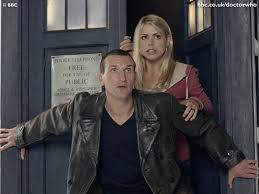 Dr. Who (again irrelevant to franchise or universe but only to the creation of character)
Dr. Who (again irrelevant to franchise or universe but only to the creation of character) 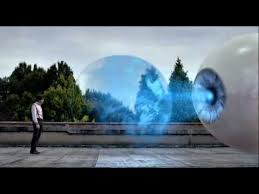 has declared dozens of times that
has declared dozens of times that 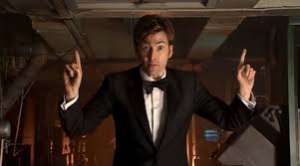 Earth is under his special protection – not just because he finds traits in humans that are noteworthy – our capability for great good, our resilience – but because we sheltered him in a time of need during the third doctor’s series.
Earth is under his special protection – not just because he finds traits in humans that are noteworthy – our capability for great good, our resilience – but because we sheltered him in a time of need during the third doctor’s series.
In Star Trek (TOS) an empath described humans: “Your will to survive, your love of life, your passion to know … Everything that is truest and best in all species of beings has been revealed to you. 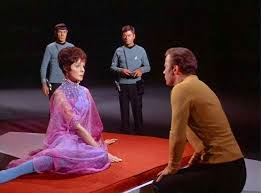 Those are the qualities that make a civilization worthy to survive.” Lai the Vian, “The Empath”.
Those are the qualities that make a civilization worthy to survive.” Lai the Vian, “The Empath”.
But there was NONE of that respect and affection for the human race reflected anywhere in the Captain Marvel movie or 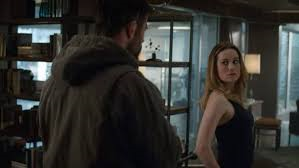 in her character in other movies, as it written by four women – Anna Boden, Geneva Robertson-Dworet, Nicole Perlman and Meg LeFauve – and one man – Ryan Fleck. (Reminds me of the aphorism self-describing the flaws in an unchecked raw “democracy”: that it is four wolves and one lamb deciding what to have for dinner. Poor Ryan.)
in her character in other movies, as it written by four women – Anna Boden, Geneva Robertson-Dworet, Nicole Perlman and Meg LeFauve – and one man – Ryan Fleck. (Reminds me of the aphorism self-describing the flaws in an unchecked raw “democracy”: that it is four wolves and one lamb deciding what to have for dinner. Poor Ryan.)
I have a tough time imagining Marvel throwing herself between danger and a small child – rather she’d weigh the importance of the child against what she perceives as her own value and – well, good bye kid.
Apparently it was far more important to these writers to bow to a politically correct: “I am woman, hear me mewl”, than create a fully compelling story and hero. It is her lack of gratitude, absence of humility and vacuum of appreciation for her home planet that makes Captain Marvel the least of the Marvel heroes (or even anti-heroes) despite her amazing “powers”. 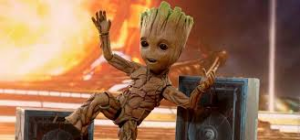 As a result I find Groot, a talking tree with a rather limited English vocabulary, far more admirable and far more relatable, not to mention lovable, than li’l Miss C. Marvel.
As a result I find Groot, a talking tree with a rather limited English vocabulary, far more admirable and far more relatable, not to mention lovable, than li’l Miss C. Marvel.



